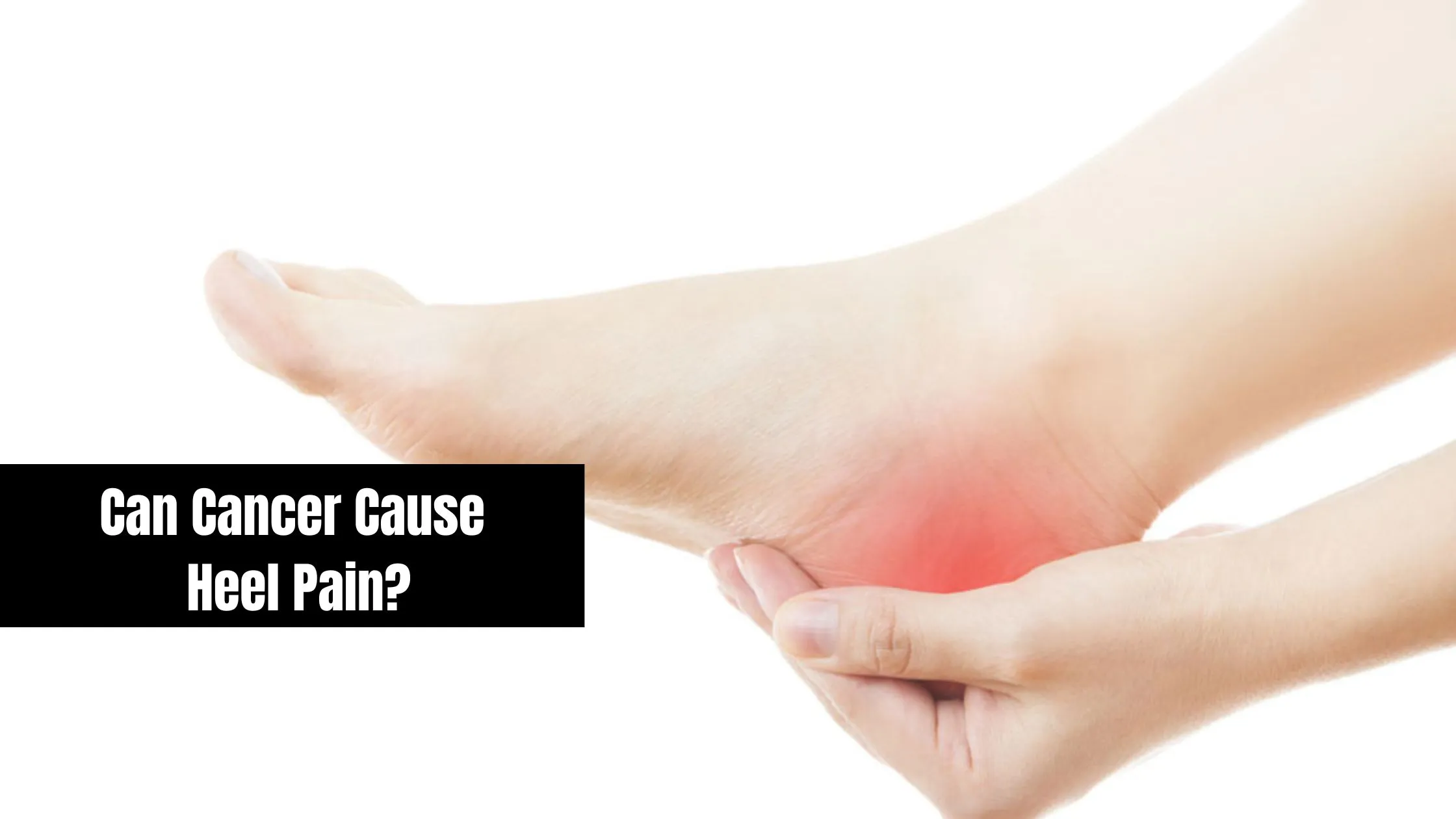Tonsil stones can always be a problem in anyone’s life, and some individuals deal with them on a regular basis. If you are looking for a quick fix for these pesky stones, then you are in the right place. In this article, we will delve into How to make tonsil stones fall out. For starters, let’s first look at what tonsil stones are.
What are Tonsil Stones?
Tonsil stones are solid deposits inside the tonsil. They are usually white or yellow and strong, so they are often described as a “rock”.
How to Make Tonsil Stones Fall Out
Let’s explore the different ways to get rid of tonsil stones. Keep in mind that the procedure to remove tonsil stones can vary depending on your individual circumstances.
The top ways to Make Tonsil Stones Fall Out :
Gargle with salt water: This is a common and effective way to loosen tonsil stones
n style=”font-weight: 400;”>, making them easier to come out. Mix one teaspoon of salt with eight ounces of warm water and gurgle several times a day for about 30 seconds.
Coughing: Forced cough can also help to loosen tonsil stones by applying air pressure. A forced cough is necessary but not harmful.
Using a liquid throat: A liquid toothbrush designed to clear the gap between teeth and gums can also be used to rinse the back of your throat. Point the nozzle towards the back of the throat and allow the machine to work gently to help remove tonsil stones.
Seeing a doctor: If you have large tonsil stones that cause pain or difficulty swallowing, see a doctor. Tonsil stones may be removed safely.
Additional tips:
Stay hydrated: Staying properly hydrated by means of consuming enough fluids enables keep your mouth and throat wet, decreasing the probability of tonsil stone formation.
Regularly brush your teeth and tongue: Consistent oral hygiene, inclusive of brushing your enamel and tongue, is vital for getting rid of meal particles and microorganisms that can play a function in tonsil stone development.
Eat a healthy diet: Eating a balanced and healthful weight loss plan helps a sturdy immune machine, which in turn can resource in stopping infections that might contribute to tonsil stone formation.
RELATED: Does Sweating Burn Calories
How long do tonsil stones last?
Tonsil stones can persist for varying lengths of time from a few days to years. Generally, the average tonsil stone issue resolves on its own within 1-3 weeks. However, large stones can remain on the tonsil for a long time unless dealt with by a healthcare professional.
Many factors can affect the duration of tonsil stones, e.g.
- The size of the stone
- The exact location of the rock
- the overall health of the individual
Conclusion
Now you have a better understanding of tonsil stones. You’re aware of their nature, the factors leading to their formation of How to make tonsil stones fall out.
I hope you liked our article on How to make tonsil stones fall out, if you have any comments or suggestions do share them in the comments below.
Related Faq Of Tonsil Stones Fall Out
Q1:Do tonsil stones fall out on their own?
Ans: In a few cases, smaller tonsil stones may additionally dislodge and fall out clearly, frequently whilst ingesting or coughing. However, large or extra cussed stones might also require intervention.
Q2:What are some home remedies to make tonsil stones fall out?
Ans: Several strategies may be attempted at home, which includes gargling with salt water, using a water flosser, or mild coughing to inspire tonsil stones to dislodge.
Q3:How long does it typically take for tonsil stones to fall out using home remedies?
Ans: The time it takes for tonsil stones to dislodge the use of domestic treatments can vary. Smaller stones may additionally pop out inside some days to per week, even as larger ones may additionally take longer or require scientific interest.







